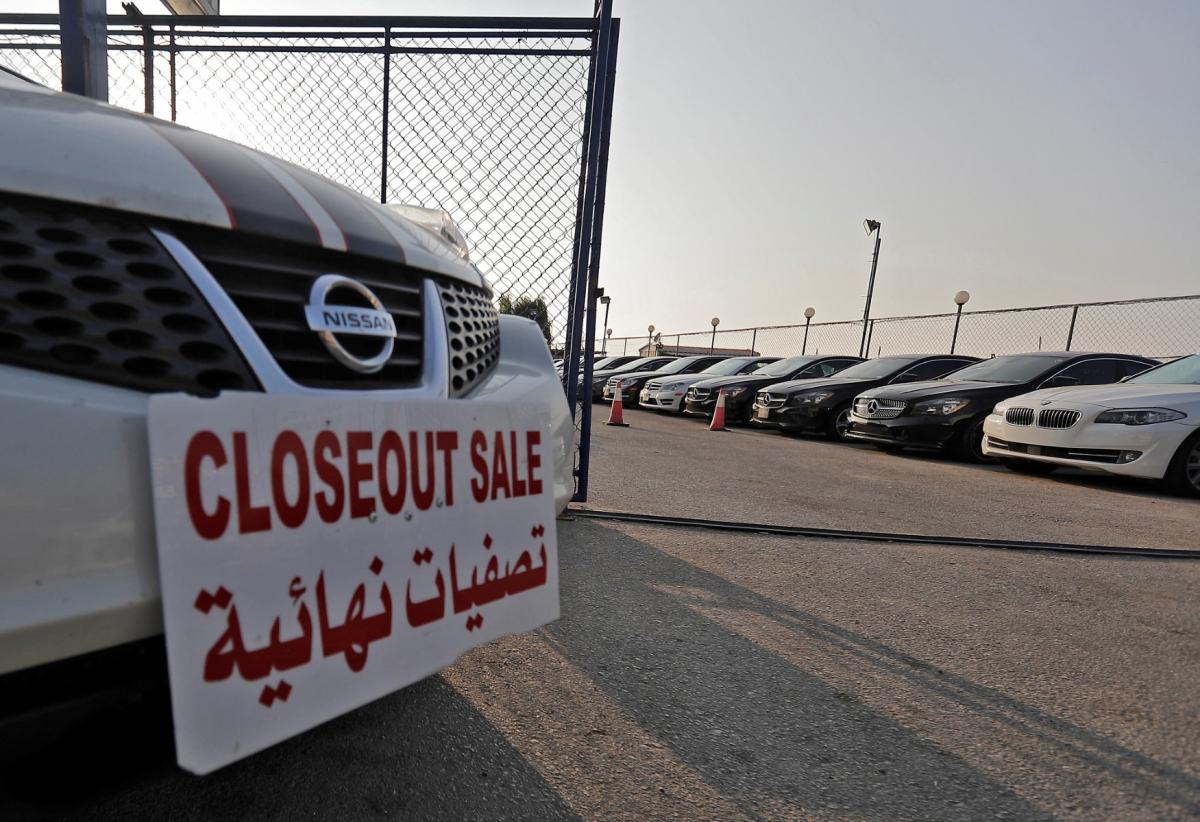Beirut’s port has witnessed a marked surge in car imports during the first half of this year. A total of 27,009 vehicles entered the country, compared to 20,002 in the same period last year—an increase of 7,007 cars, or roughly 35 percent.
Used Cars Dominate the Market
What stands out in the figures is that the overwhelming majority of imports are used cars, while new vehicles remain a tiny fraction of the total. This trend highlights Lebanese consumers’ preference for lower-cost options amid a fragile economy and eroded purchasing power.
Expert Opinion
“The rise in imports does not necessarily mean an actual recovery in purchasing power,” explains economist Dr. Rami Al-Assad. “It reflects a restructuring of consumer behavior. The demand for used cars stems primarily from the search for cheaper means of transport, given the continued weakness of the lira and the surge in prices of new vehicles due to customs duties and the exchange rate.”
He adds: “Despite higher import volumes, the market remains fragile, relying heavily on personal financing or remittances from abroad, without indicating any fundamental improvement in the broader economy.”
Signs of a Limited Recovery
The data suggest the auto sector is regaining some momentum after years of stagnation, but the recovery is uneven.
- Used cars: They dominate thanks to their relatively affordable prices.
- New cars: Sales remain sluggish due to soaring prices and the lack of credit facilities.
Nabil Bazirji, president of the Association of Automobile Importers in Lebanon, warned in comments to Al Safa News that “today’s reality is outside the control of legitimate importers. By law, used cars may be imported if they are roadworthy and accompanied by certificates verifying their mechanical condition. The reality is quite different. In 2024, more than 25,000 vehicles entered Lebanon without proper inspection or oversight. With at least 10 percent deemed unfit for use, this means roughly 2,500 damaged cars were dumped into the local market.”
He noted that Lebanese law explicitly bans the import of wrecked or dismantled cars, but the absence of enforcement has made these prohibitions meaningless.
Who Bears Responsibility?
Bazirji pointed the finger at several state bodies, with Lebanese customs topping the list, given its direct responsibility for monitoring imports. He also stressed the absence of on-site mechanical inspection at ports, which he described as essential for ensuring vehicle safety before they enter the market.
“The inspection contract with the private company in charge expired and was never renewed. No alternative mechanism has been put in place. The result: no tests, no oversight, and a continuing state of chaos,” he said. Bazirji also criticized the lack of coordination between the finance and interior ministries on staffing and funding, which has paralyzed the Traffic Management Authority.
“The mecanique” Out of Service — With Dire Consequences
The collapse of the Traffic Management Authority, known locally as “mecanique” has compounded the problem. It has stopped issuing licenses and logbooks, and stopped conducting technical checks, all under the pretext of combating corruption.
“They shut down Nafaa over corruption allegations without offering any alternative,” Bazirji lamented. “No new staff, no practical solutions. The result is paralysis across a vital sector that directly affects citizens’ daily lives.” He described temporary fixes involving internal security officers as inadequate stopgaps that do not substitute for real reform.
Environmental Risk and Public Safety at Stake
According to Bazirji, most vehicles entering Lebanon are six to eight years old, past half their expected technical lifespan. In other countries, governments incentivize citizens to scrap such cars in order to protect the environment and upgrade technology.
“The lack of proper maintenance, coupled with cars that do not meet precise technical standards, poses a direct threat to public safety,” he warned. “Some vehicles are patched up, polished, and sold as if they were new, but they fall short of safe driving standards.”
The Bottom Line
The rise in car imports reflects a partial revival in market activity, but also underscores the constraints on Lebanese consumers’ purchasing power. Used cars remain the default choice for most buyers—though far from the ideal option, as many fail to meet safety standards. Experts stress that genuine recovery will require monetary stability, clear financing policies, and lower customs duties to stimulate sustainable growth in the auto sector.
Please post your comments on:
[email protected]
 Politics
Politics













